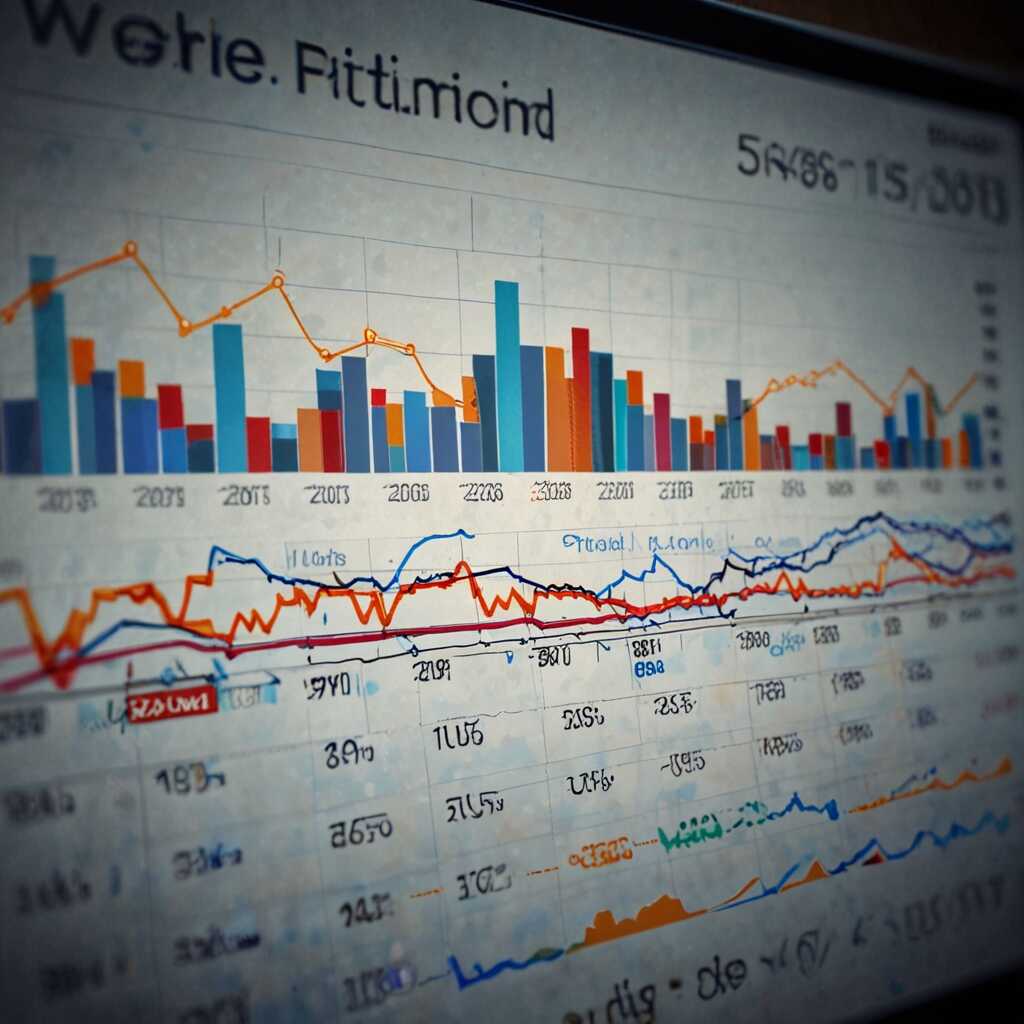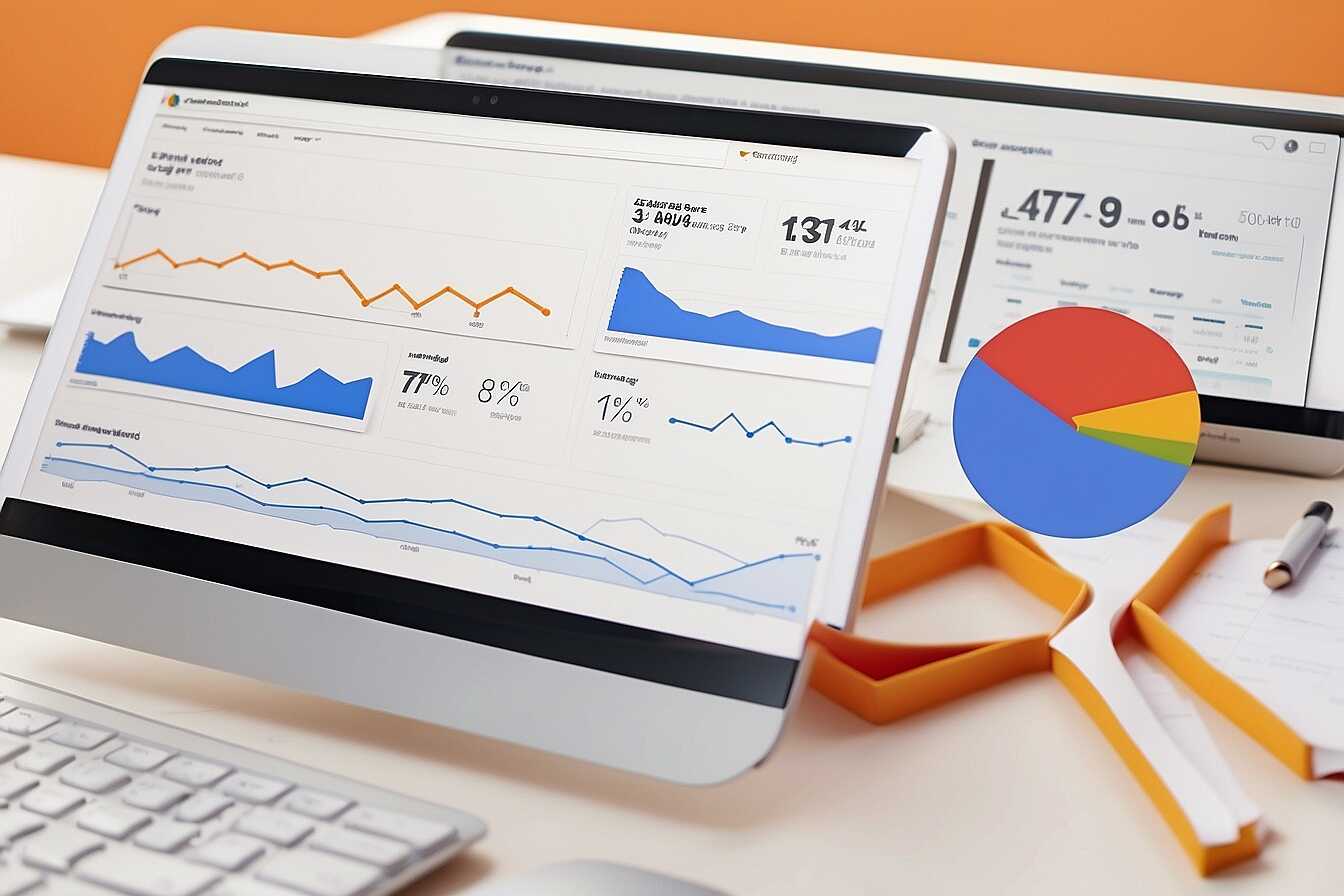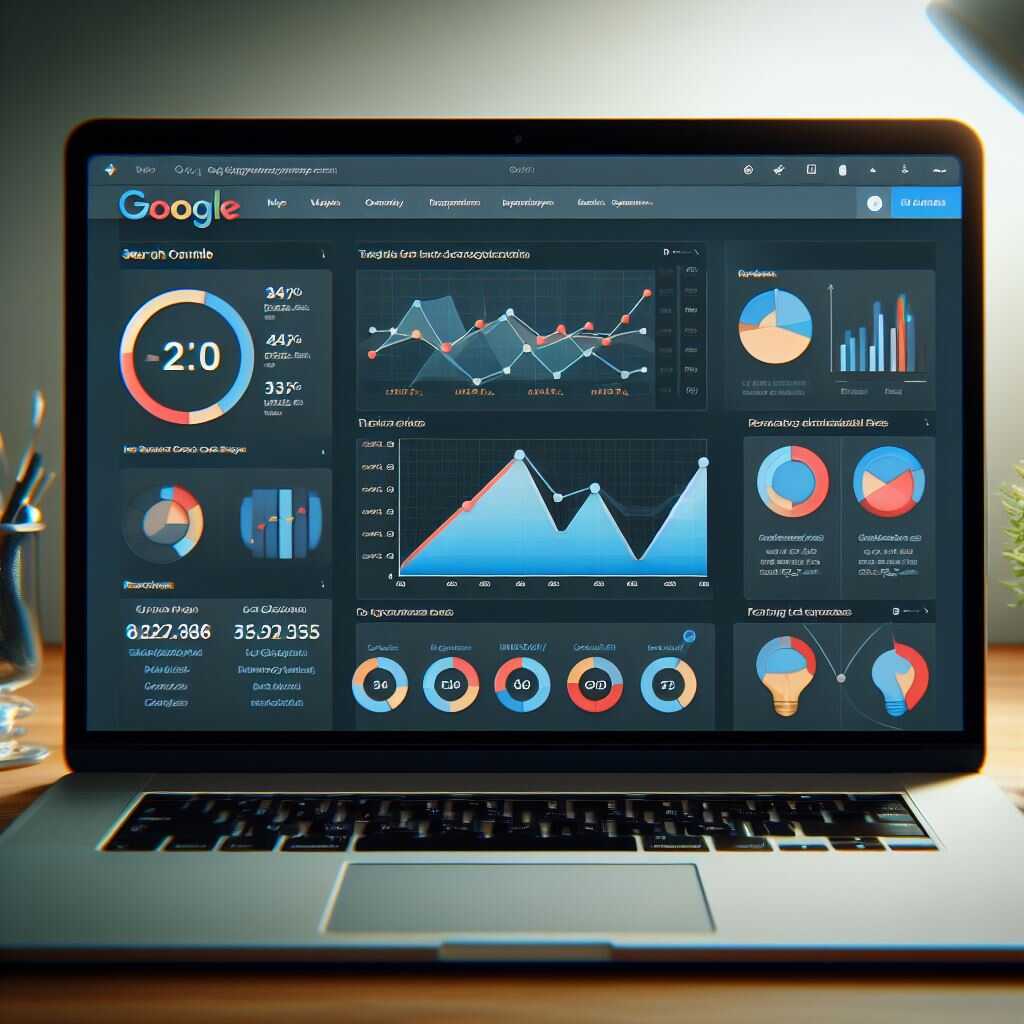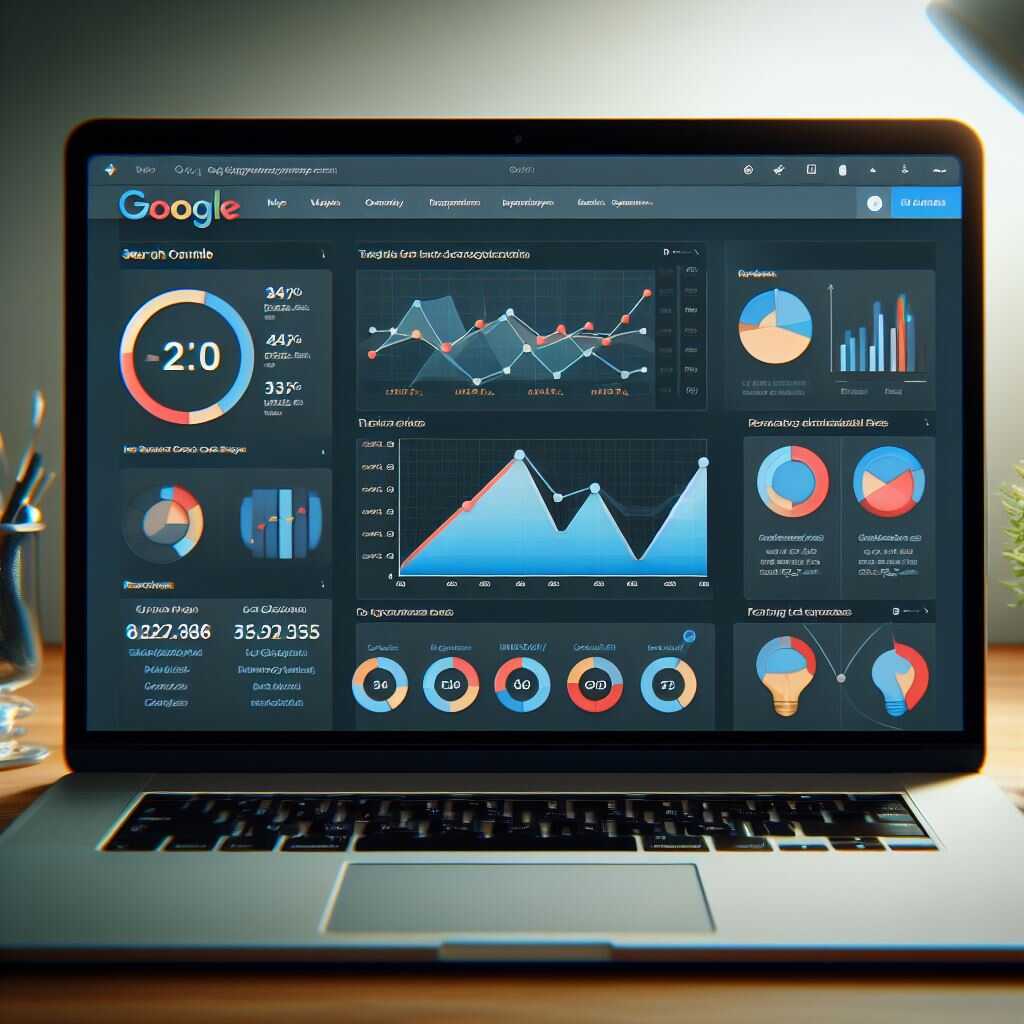Understanding how social shares influence Google search rankings is essential for anyone looking to enhance their online presence. Social media interactions can indirectly impact your search performance by driving traffic, improving site engagement, and increasing brand visibility. At Metrics Rule, we believe that leveraging social shares can be a powerful strategy for SEO performance, helping small business owners, content creators, and digital marketers to thrive in today’s competitive landscape. By exploring the relationship between social media and search rankings, you can unlock new opportunities for growth and visibility in search engines.
What Are Social Shares and Why They Matter
Social shares refer to the act of sharing content via social media platforms and can take the form of likes, retweets, and shares. They are crucial in the digital marketing landscape because they amplify content visibility, enabling a wider audience reach. The importance of social shares extends to SEO, as research shows that content with higher social engagement can have a positive correlation with search rankings. Data indicates that pages with substantial social shares often secure higher positions in search results, partly due to increased traffic and engagement metrics that Google values.
Connecting Social Shares with SEO Best Practices
Integrating social shares in your SEO strategy is essential for enhancing visibility and performance. When social media users share content, it leads to increased traffic to your site, enabling better crawling and indexing by search engines such as Google. By consistently producing quality, shareable content, you can improve your website’s overall authority and reliability in the eyes of search engines. Metrics Rule in Vancouver employs data-driven strategies to optimize content for shareability, ensuring that your brand benefits from social media for effective SEO performance.
How Social Signals Affect Search Engine Rankings
Social signals, which include metrics like shares, likes, and comments, can influence search engine rankings indirectly. Search engines like Google consider social media activity as an indicator of content quality and relevance. For instance, when users share a blog post on various social platforms, it signals to search engines that the content is valuable. This can lead to increased crawling and indexing by search engines, helping improve positions in search results. Different platforms, such as Facebook, Twitter, and LinkedIn, generate unique types of social signals that can enhance SEO performance. It’s essential to strive for a combination of quality content and widespread social interaction, as this is proven to improve organic search visibility.
Understanding the Role of Social Media Platforms
Different social media platforms generate diverse social signals that can influence search engine rankings in unique ways. For example, shares on Facebook are engaging and visual, likely to drive traffic and visibility. In contrast, LinkedIn provides a professional setting, ideal for B2B content, enhancing credibility and reaching a targeted audience. Twitter allows for quick interactions, and retweets can spread information fast, amplifying the potential for viral engagement. Reasonably, you should tailor content to each platform, ensuring it fits the audience’s interests and engagement styles. This approach not only maximizes social interaction but also contributes significantly to elevating your website’s ranking in search engine results.

Engagement Metrics and Their Correlation with Visibility
Engagement metrics like likes, shares, comments, and post reach play a crucial role in influencing a website’s visibility in search engine results. By analyzing these social media engagement metrics, it’s clear they enhance SEO performance significantly. For instance, higher social shares often lead to greater visibility, as search engines recognize popular content, showing it to more users. Additionally, social media platforms like Facebook, Twitter, and LinkedIn contribute differently; Facebook shares may drive more traffic, while Twitter boosts real-time engagement. Research shows that websites with robust social engagement can improve their search rankings by as much as 30%.
Understanding the Impact of Social Shares on SEO
Social shares directly affect keyword rankings and overall site performance. When users share content across platforms, they create backlinks, which enhance reliability in Google’s indexing process. For businesses in Vancouver, utilizing local engagement metrics improves visibility in localized search results. Proving that social media engagement correlates with search engine performance provides valuable insights for digital marketers. By ensuring high-quality content that encourages shares, businesses can enhance their website’s presence in search engines. This proactive approach in 2025 will be essential for any successful SEO strategy, guaranteeing better results and increased website traffic.
Statistical Insights on Social Media Interactions and Search Outcomes
- Studies show that 81% of marketers see social media driving traffic to their websites.
- Content shared on social media receives 3x more exposure than non-shared content.
- Web pages that earn over 100 social shares experience a 20% increase in organic visibility.
- 70% of consumers trust brand information shared by their peers on social platforms.
- Websites with a strong social presence rank 10 times higher in search results.
- Marketers report a 50% boost in engagement when content is shared widely on social media.
- Over 90% of social media users believe brands should be present online.

High-Quality Content Drives Social Shares
High-quality content significantly influences social shares and SEO rankings. It enhances user experience and builds trust, leading to more shares. When content resonates with audiences, it is naturally shared across social platforms, increasing visibility and driving traffic to your site. Shareable content includes engaging articles, eye-catching infographics, and entertaining videos that prompt action. The best strategies for creating shareable content involve understanding your audience’s needs and preferences through reliable research. Incorporating data and user feedback can help tailor content that encourages sharing, ultimately benefiting SEO performance. According to recent surveys, over 70% of marketers indicate that quality content results in higher social shares and engagement.
Creating Engaging and Shareable Content
To create engaging and shareable content, focus on storytelling that connects with your audience emotionally. Use high-quality visuals and concise language to maintain interest. Incorporating data or research that provides useful insights can reinforce the reliability of your content. Aim for content that addresses common questions or solves problems faced by your audience. Elements like catchy headlines, bullet points, and effective calls-to-action enhance usability and encourage sharing. Regularly testing your content’s performance on social media can lead to improvements, ensuring that your content continues to resonate and increases social media engagement over time.

Effective Strategies to Boost Social Shares
To effectively increase social shares of your website content, implement some actionable strategies. Begin by crafting engaging headlines that are shareworthy. Utilize high-quality images and visuals to capture attention on social platforms. Develop a consistent social media strategy, sharing content regularly and at optimal times when your audience is most active. Engage your audience with calls-to-action, encouraging them to share your content. Platforms like Facebook, Twitter, and Instagram significantly influence social sharing, making a solid presence on these networks essential for boosting visibility and SEO performance. Research shows that increasing social shares by just 50% can lead to an improved ranking in Google’s search results.
Components of a Successful Social Media Strategy
A successful social media strategy involves several essential components designed to enhance content sharing. First, analyze audience targeting techniques to ensure your content reaches the right users. Next, implement engagement metrics to track how well your posts perform across various platforms. Viral content creation focuses on crafting shareable materials that resonate emotionally with your audience. These strategies, combined with consistent testing and adjustments, can help improve your social shares significantly, further facilitating your site’s SEO efforts. Metrics Rule can assist in fine-tuning these approaches to achieve maximum impact.
Positive Impact of Social Media Exposure on Online Visibility
- Increased shares improve brand recognition among target audiences.
- Higher social media engagement leads to more backlinks and referral traffic.
- Sharing content boosts your authority in your niche and enhances trust.
- Social signals can positively impact search algorithm impressions.
- Content virality boosts interaction and community building around your brand.
- Organic rankings can improve with consistent social media sharing efforts.
- Greater visibility through social shares attracts potential customers more effectively.

Case Studies of Successful Social Media and SEO Integration
Many organizations have improved their search rankings by integrating social media strategies with SEO practices. For instance, HubSpot executed innovative campaigns that not only drove traffic from social channels but also enhanced their website authority. They reported a 35% boost in organic traffic within six months after syncing their social media content with targeted keywords. Another noteworthy example is Buffer, which leveraged user-generated content across their social platforms. This approach resulted in a 25% increase in their domain authority over a year. Companies like these demonstrate how a strong connection between social media and SEO can yield measurable improvements in search rankings.
Effective Practices from Influential Brands
Learning from successful brands provides valuable insights into effective practices for integrating social media with SEO. For example, integrating social sharing buttons on blog posts can enhance visibility, leading to increased backlinks and higher search rankings. Buffer’s use of keywords in social media posts helped them engage their target audience effectively. Conversely, HubSpot utilized analytics to determine which social content led to significant traffic conversions. This analysis ensured they created more content that resonated with their audience. By using these strategies, businesses can enhance their SEO performance and capture more organic traffic, resulting in substantial growth.
Emerging Trends in Social Media and Their SEO Implications
Current trends show that social media platforms like TikTok, Instagram, and Twitter significantly influence SEO strategies. Trends such as video content popularity and real-time engagement can enhance search engine rankings. Social shares and interactions can boost brand visibility and help in indexing, which is crucial for Google’s algorithms. Moreover, over 70% of marketers believe that social media impacts SEO strategies. The reliance on these platforms for content promotion has made them essential tools for SEO success. This will become even more critical as we approach 2025, a year where 60% of marketers anticipate increased integration of social media in their overall SEO tactics.
Impact of Social Media Algorithms on SEO
Social media algorithms directly impact how content is shared and ranked across platforms. Each platform uses complex algorithms to determine what content gets visibility. For instance, Instagram prioritizes engagement rates while TikTok’s algorithm favors watch time. Understanding these factors allows digital marketers to tailor their content and strategies effectively. By aligning social media interaction with SEO goals, businesses can enhance their authority in search engine rankings. This alignment ensures that social media acts as a catalyst for improved online presence and credibility in a competitive digital landscape.
Comparative Examples of Brands and Their Social Media Impact
- Brand A focuses on educational content, resulting in high engagement and organic traffic.
- Brand B uses paid ads, which increases reach but may lack organic trust signals.
- Brand C emphasizes user-generated content, enhancing community involvement.
- Brand D relies too heavily on social media, experiencing fluctuations in search rankings.
- Brand E balances between organic and paid strategies, achieving consistent results.
- Small business X utilizes social shares to compete against larger brands effectively.
- Local startup Y drives traffic through targeted social campaigns, building a strong following.
Evaluating the Success of Combined Social and SEO Strategies
Businesses can measure the success of their combined social and SEO strategies by tracking various metrics. Metrics such as engagement rates, referral traffic from social platforms, and organic search rankings are essential indicators. Additionally, SEO analytics tools like Google Analytics provide insights into how social media shares influence search rankings. It’s crucial to analyze keyword tracking metrics to see which keywords are performing better due to social media efforts. A well-integrated strategy can lead to noticeable organic traffic growth. Businesses should expect a significant percentage increase, usually between 20% to 50%, as social shares enhance visibility and credibility.
Essential Tools for Tracking Social Media and SEO Performance
To effectively monitor the performance of integrated marketing strategies, businesses can utilize several essential tools. Google Analytics is a primary tool that provides detailed insights into website traffic sources, including social media. Using UTM parameters helps track which social shares drive the most traffic. Additionally, SEO analytics tools like SEMrush and Ahrefs offer keyword tracking metrics to evaluate how social engagement affects specific keyword rankings. These tools enable businesses to enhance their strategies, ensuring they maximize both social media and SEO efforts for improved performance in 2025 and beyond.
